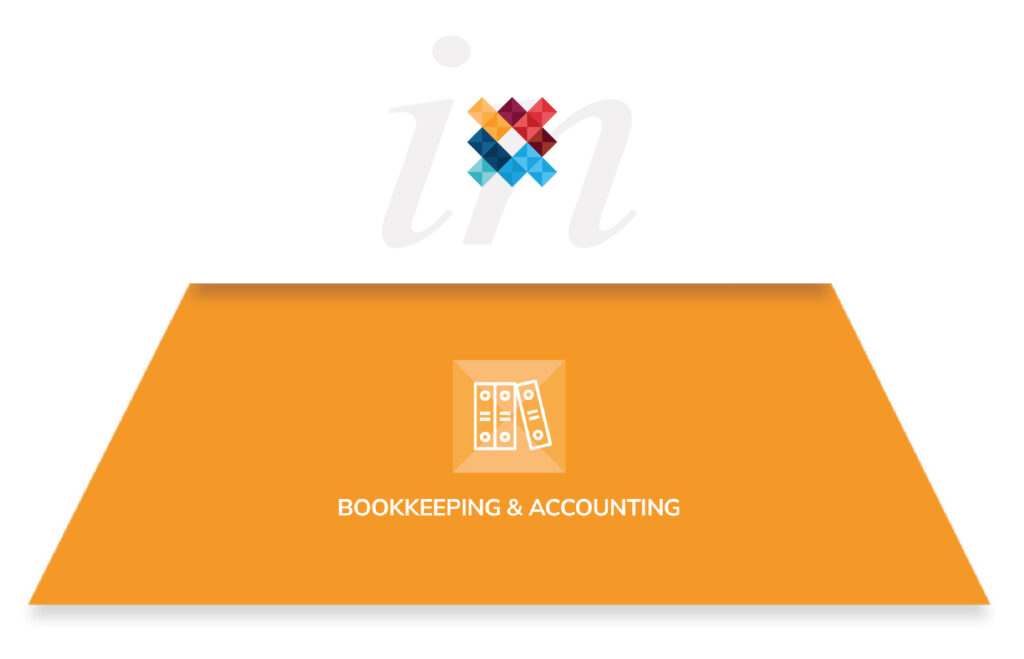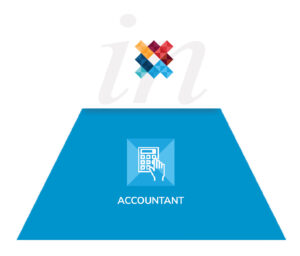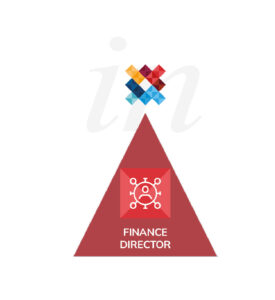Consider for a moment all the financial processing work that goes on within your business.
There’s the endless stream of invoices, whether digital or paper-based. There are expenses bouncing between claimant, approver and the accounts team. Plus there’s the general hassle of maintaining records and keeping the books updated.
It all creates a mounting pile of routine Tasks To Complete. Yet the importance goes far beyond that. If you’re not staying on top of everything, the repercussions can extend well beyond administrative chaos and might even lead to business failure.
Looking beneath the surface
Garry Mumford, Founder and Managing Director of Insight Associates, delivers outsourced FD and bookkeeping solutions to smaller businesses. He also brings extensive experience working with troubled businesses and helping to restore them.
Whilst there are numerous commercial factors that can cause a business to fail, he identifies one fundamental underlying element.
“When you examine what’s happening behind the scenes, the primary reason they fail is because the directors don’t have proper control of the finances,” he explains.
The ultimate collapse of any failing business occurs because it simply exhausts its cash reserves. Very often, that critical cash flow crisis arrives unexpectedly.
A large business will have a considerable team to monitor cash flow. In a very small one, the owner will typically be close enough to the numbers to understand how things are progressing. But in the middle, there are many enterprises at risk because they lack sufficient control.
These are often “adolescent” businesses, as described by Michael E Gerber in his book The E-myth Revisited. They’ve expanded beyond the founder’s capacity to manage them single-handedly – but haven’t yet established all the systems and processes of a fully developed business.
These adolescent businesses must enhance their financial management. And that requires finally mastering all that processing work.
‘Their bookkeeping was chaotic’
Shortly after Garry began providing outsourced FD solutions, he recognised the core problem these adolescent businesses faced.
“Initially, we concentrated purely on fulfilling the FD role and other senior financial positions – but we soon discovered that you frequently couldn’t deliver any value in that way for a smaller business because their bookkeeping was absolutely chaotic,” he explains.
“Their fundamental accounting wasn’t producing what was needed for someone at that level to interpret it and then guide the business leaders. You had to address that foundation first.”
This discovery prompted Insight Associates to create a “pyramid framework” for understanding how a finance function should operate.
The pyramid framework
The pyramid framework is built on a straightforward principle: All that daily activity within a finance team is vital for supporting the layer of work above it.
The foundation layer: “The foundation layer of the pyramid provides the base upon which you build,” explains Garry.
“It encompasses all the daily transactional processing – the administrative work, keeping all records current, general bookkeeping. This must be completed and completed properly. It must be precise, it must be timely, it must be comprehensive. This is something we consistently observed wasn’t taking place.”

The middle layer: “The middle layer of the pyramid represents what an accountant conventionally does,” explains Garry.
“The accountant steps in and interprets all that transactional work, adds the missing elements, applies some sophisticated accounting techniques and produces various reports. Ideally, some of those reports prove valuable – when they’re not merely record-keeping.”

The top layer: “The very top of the pyramid is your Finance Director or CFO,” explains Garry.
“This is the individual who, because they’re supported by those other pyramid layers, can confidently collaborate with the directors and business leaders to help them grasp the financial implications of the business’s position. This person can guide them, serve as their honest advisor and trusted confidant and generally stimulate their thinking.”

Is the pyramid evolving?
Garry recognises he may need a new metaphor soon – because the pyramid is becoming notably less pyramid-like.
More advanced accounting software can manage much of the processing work that comprises the foundation layer of the structure.
“The transactional work remains the foundation upon which you construct everything else,” he notes.
“It’s the component that requires the most effort because you must process all your purchase invoices, sales invoices, receipts, payments and so forth, and there’s an enormous amount of work in that area.
“But with all the automation available today, the scale of that work can be dramatically reduced. The paper-handling is vanishing. We utilise iplicit for our clients and we’ve leveraged its capabilities to make our systems and processes far more efficient for them.”
‘The FD can only challenge when they truly understand’
Whilst the volume of a finance team’s transactional tasks may decrease thanks to automation, the three-tier nature of the work remains valid. It will simply become more straightforward to provide the FD with the data they require.
“In my view, the hallmark of an excellent FD in any business is that they make the other directors think. I’m fond of the saying ‘If everyone’s thinking alike, someone’s not thinking’,” explains Garry.
“The FD’s function is partially about challenge – but they can only challenge matters if they truly comprehend where the business stands financially.
“And that requires those foundations to be absolutely solid.”
Do you need to finally master financial processing so you can discover the bigger picture hidden within the numbers? Learn how Insight Associates is utilising software to revolutionise efficiency for its clients.





